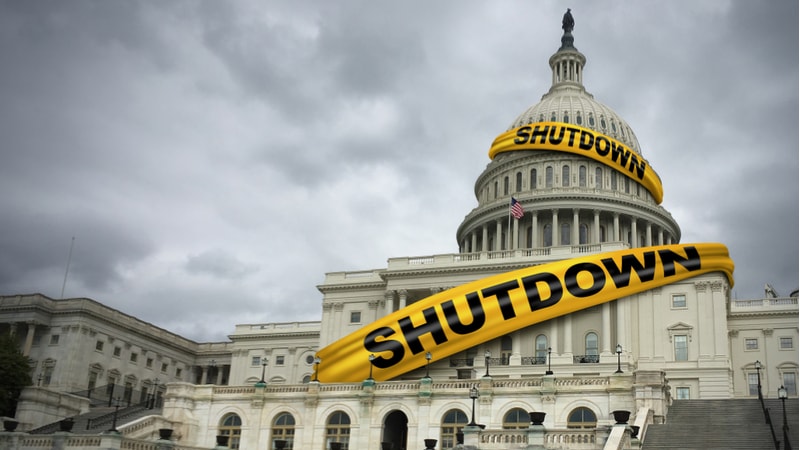
A Senate procedural vote to advance a full-year Pentagon funding bill failed Thursday as Democrats largely opposed the measure, insisting instead on broader negotiations to end the ongoing government shutdown.
The vote was 50-44, falling short of the 60 votes needed to move forward.
The bill would have funded the Department of Defense (DOD) – which the Trump administration has rebranded as the Department of War – for fiscal year 2026, provided a military pay raise, and supported key modernization efforts across all service branches.
The defense bill itself emerged from a bipartisan appropriations process and had passed out of committee on a 26-3 vote earlier this year.
It includes over $29 billion in shipbuilding funds, investments in Air Force and Army modernization, and $500 million to advance satellite communications capabilities. It also restores funding for key space and surveillance programs.
Majority Leader John Thune, R-S.D., brought the defense appropriations bill to the floor, calling it a “responsible step to ensure military personnel are paid” as the shutdown enters its third week.
Thune also floated the idea of pairing the Pentagon bill with domestic spending priorities – such as health, labor, and education funding – to appeal to Democrats. Minority Leader Chuck Schumer, D-N.Y., countered that Republicans lacked the internal unity to deliver on such a package.
Democrats argued instead that the focus should remain on reaching a comprehensive agreement to reopen the federal government, which has been shut down since Oct. 1 due to Congress’s failure to pass either appropriations bills or a continuing resolution.
“After voting last week for an authorization bill to increase troop pay, Democrats just voted against the bill that would actually pay the troops,” Thune said following the failed vote.
Key sticking points in the shutdown fight remain unchanged. Republicans continue to push for a “clean” stopgap funding bill through Nov. 21, without additional policy provisions. Senate Democrats, however, are demanding a deal that includes protections for Medicaid and an extension of Affordable Care Act subsidies.
“Republicans are demanding something that hasn’t happened in previous negotiations,” said Schumer. “They want us to pass this partisan CR that has zero bipartisan input, zero conversation, and frankly, zero relief for Americans facing a health care crisis.”
This was the 10th failed vote in recent weeks to pass either a full-year budget or a short-term continuing resolution, as partisan divisions have hardened and no clear path to reopening the government has emerged.
Just three Democrats – Sens. Catherine Cortez Masto, D-Nev., John Fetterman, D-Penn., and Jeanne Shaheen, D-N.H. – voted yes.
